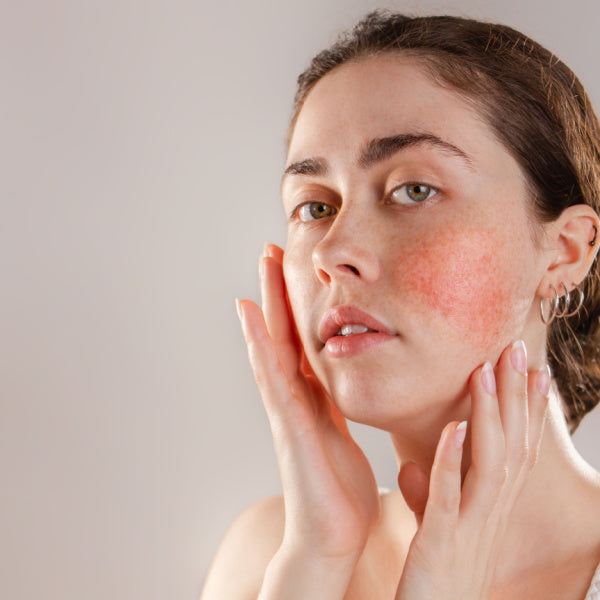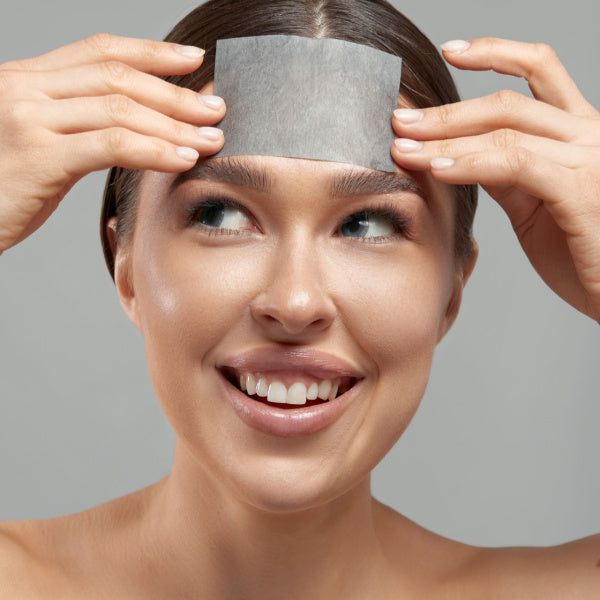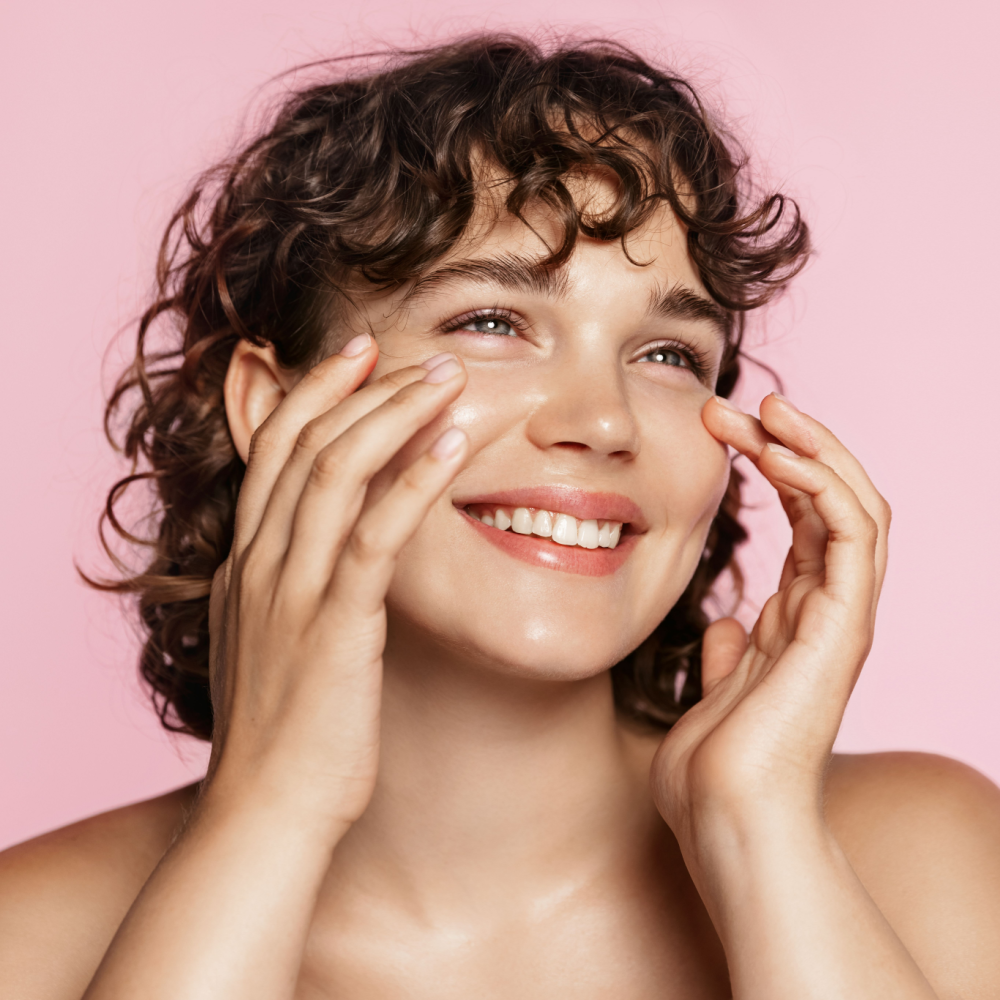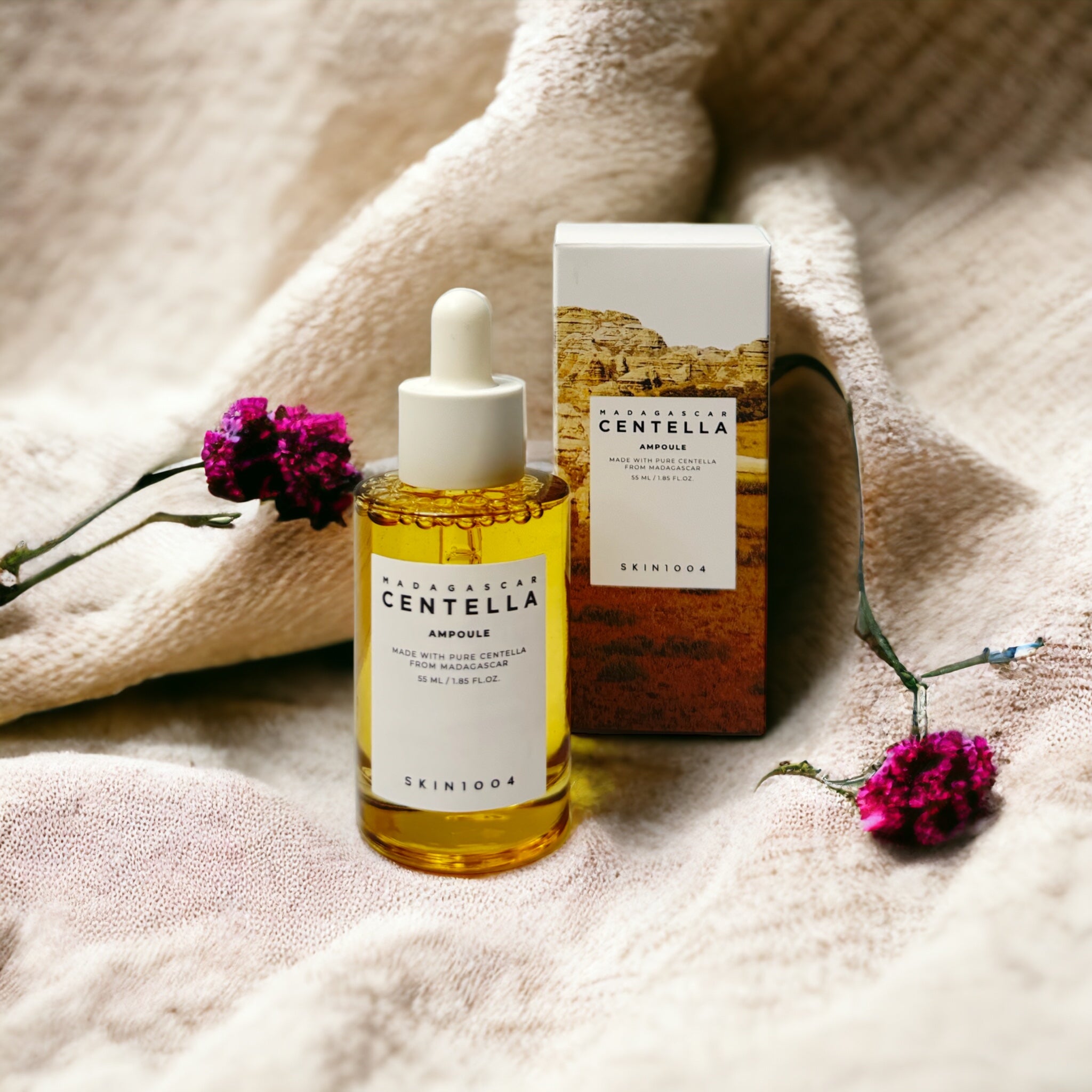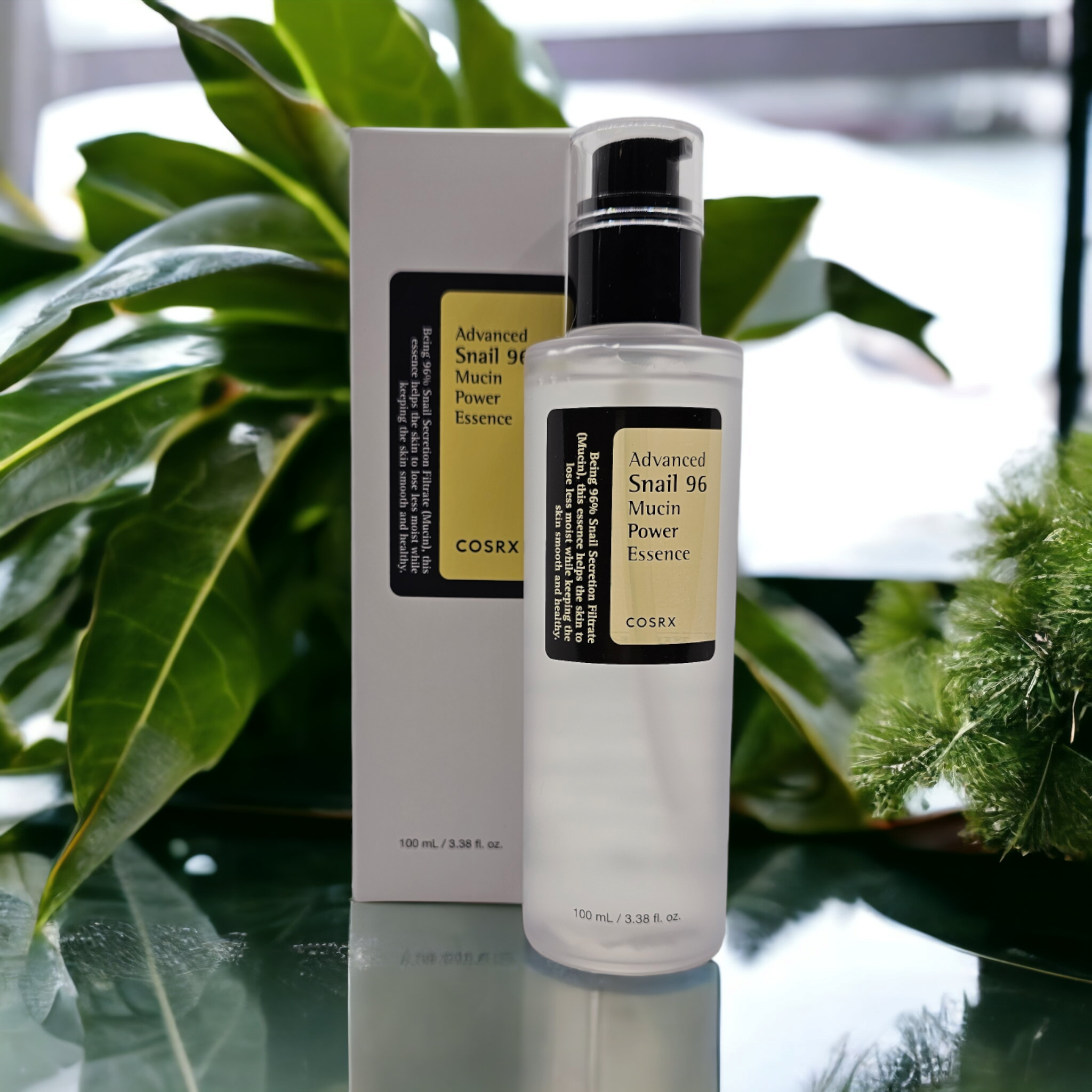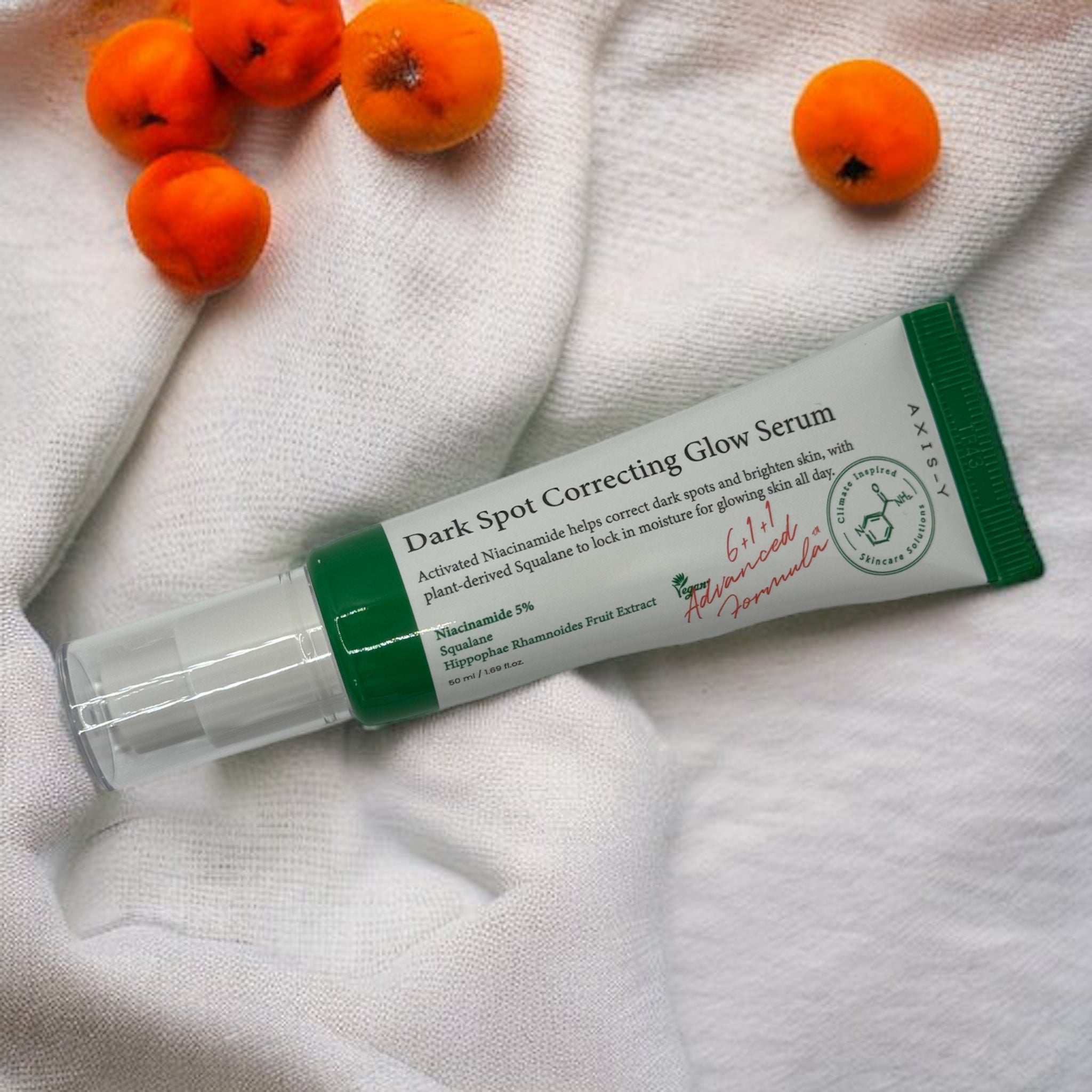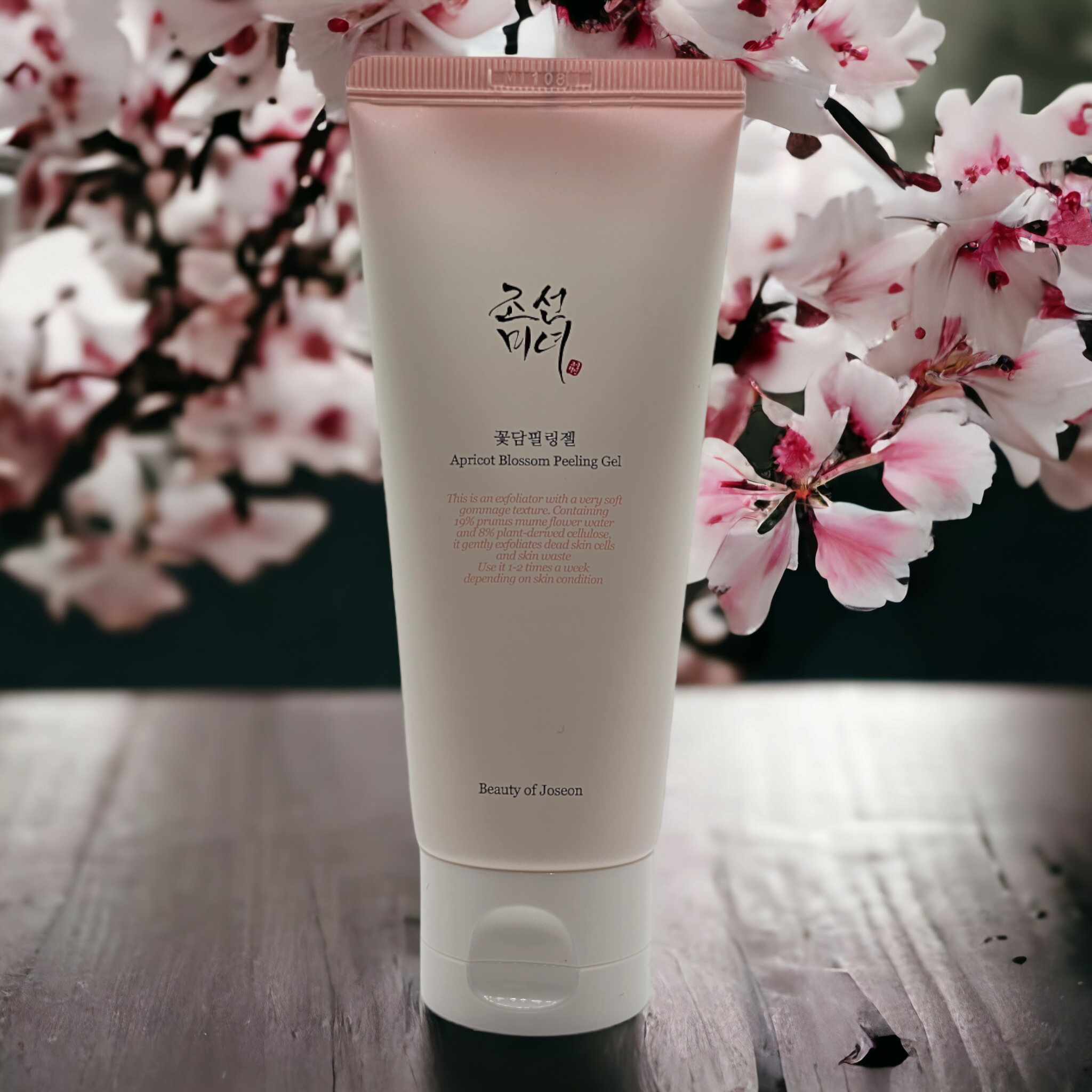The Dark Side of Beauty: Top 10 Harmful Ingredients in Your Skincare Products that you MUST avoid!
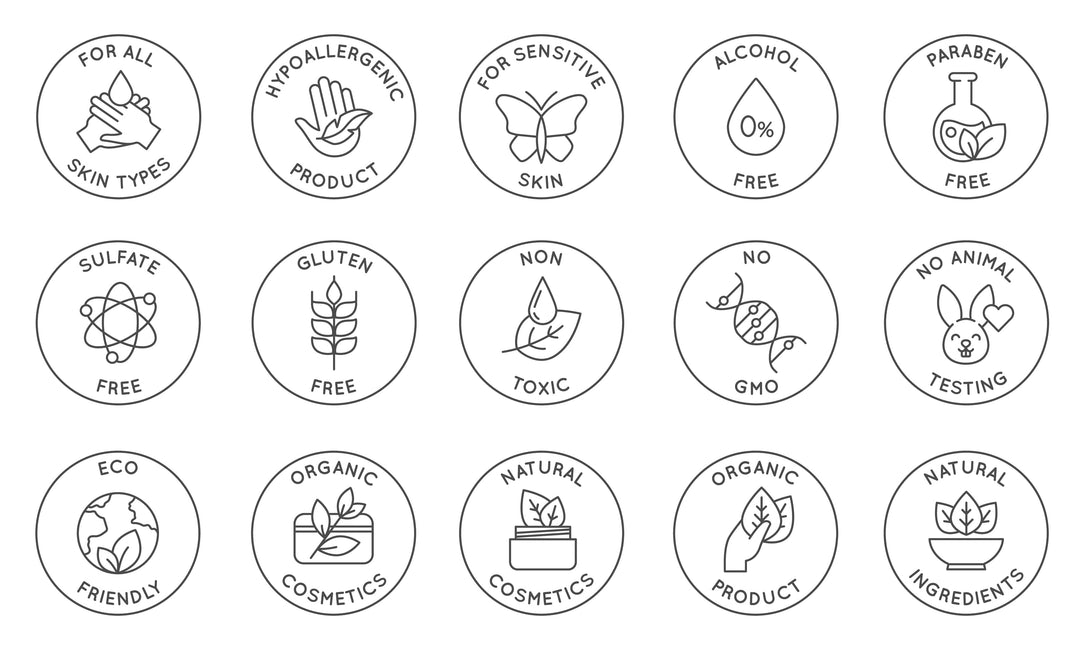
When it comes to skincare products, we often focus on the benefits they can bring to our skin - from hydration to anti-ageing properties. However, what many people don't realise is that some skincare products contain harmful ingredients that can do more harm than good. In this blog post, we will delve into the Top 10 ingredients to avoid in your skincare products to ensure you are taking care of your skin in the best way possible. Additionally, we will explore the rise of I'm From in the Korean skincare game and why their clean skincare products are gaining popularity among skincare enthusiasts.

1. Parabens

Parabens are widely utilised as preservatives in the beauty industry and included in many skincare formulations to significantly prolong shelf life. Despite their widespread use, growing concerns have emerged regarding their potential health risks. Research has indicated that parabens may mimic the action of oestrogen, a hormone known to play a role in the development of breast cancer. This mimicry can lead to hormonal imbalances, raising concerns about long-term exposure and its implications for both skin health and overall well-being. Consequently, seeking out skincare options devoid of parabens is advisable for those looking to minimise exposure to substances that could disrupt bodily functions.
2. Fragrances Including Synthetic Fragrances

Incorporating fragrances, particularly those of a synthetic origin, into skincare formulations is a common practice aimed at making products more appealing to the senses. Nevertheless, these additions come with a downside; they are among the leading causes of dermatological complaints. The issue with synthetic fragrances lies in their potential to provoke allergic reactions, leading to skin discomfort manifested as irritation, redness, or even more severe allergic responses. For individuals seeking to maintain skin health, opting for products that either are entirely devoid of fragrance or contain only natural scent sources can be a prudent choice. This approach helps minimise exposure to unnecessary irritants, paving the way for a more harmonious interaction between skincare products and the skin.
3. Sodium Laureth Sulphate

Sodium laureth sulphate, a surfactant found in a multitude of cleansing products, is celebrated for its ability to produce a rich, satisfying lather. Despite its widespread use, it's increasingly under scrutiny for its harshness on the skin's natural lipid barrier. This ingredient has been linked to stripping away crucial oils and moisture, which can result in a sensation of tightness, discomfort, and potentially aggravate skin conditions such as eczema. For those aiming to maintain a balanced and hydrated complexion, steering clear of formulations containing sodium laureth sulphate and opting for gentler, sulphate-free alternatives could be beneficial in preserving the skin's integrity and natural moisture levels.
4. Alcohol

Utilised for its quick-drying and degreasing properties, alcohol is a common component in various skincare formulations, particularly in products aimed at combating oily skin. However, its inclusion is not without controversy. The primary concern with alcohol in skincare products is its potential to strip the skin of essential moisture and lipids. This disruption to the skin's protective barrier can lead to increased sensitivity, exacerbation of skin conditions, and an overall compromised skin health. Especially for individuals with already dry or sensitive skin types, the adverse effects of alcohol can be pronounced, manifesting as tightness, flakiness, or irritation. In pursuit of maintaining a balanced and healthy complexion, opting for skincare solutions devoid of drying alcohols and instead, enriched with hydrating and soothing ingredients, can provide the care your skin needs without the undesirable side effects.
5. Mineral Oil

Mineral oil, derived from petroleum, is a common addition to a wide range of skincare products due to its ability to lock in moisture. Despite its widespread use for its moisturising benefits, it has raised concerns amongst skincare enthusiasts and professionals alike. The primary issue with mineral oil is its occlusive nature, which can lead to the obstruction of pores. This blockage can hinder the skin's natural ability to eliminate toxins, potentially resulting in comedogenic effects such as acne and blackheads. Furthermore, its heavy texture may not be suitable for those with oily or acne-prone skin, as it can exacerbate these conditions. For individuals aiming for optimal skin health, exploring alternatives that offer hydration without compromising skin's natural functions, such as plant-based oils which mimic the skin's natural lipids more closely, could prove more beneficial.
6. Formaldehyde

Formaldehyde, a widely used preservative in the cosmetic industry, is recognised for its effectiveness in inhibiting microbial growth. Nonetheless, its application in skincare products has become a subject of significant concern due to its classification as a carcinogen. Exposure to formaldehyde can instigate a variety of skin reactions ranging from mild irritation to severe allergic responses. There is also a growing apprehension about its potential to contribute to systemic health issues over prolonged periods of use. Given these considerations, individuals are increasingly looking towards products that eschew formaldehyde and its releasers in favour of safer, gentler preservative systems that ensure both the efficacy and safety of skincare formulations.
7. Sulphates

Sulphates, notably sodium lauryl sulphate, are potent surfactants prevalent in numerous cleansing formulations, lauded for their unparalleled ability to generate foam. This foaming action, whilst visually appealing and satisfying during use, comes with its own set of drawbacks, particularly concerning skin health. These compounds are notorious for their capacity to aggressively remove natural oils from the skin. Such an action not only leaves the skin parched but can also precipitate irritation, leading to an unsettled skin barrier function. The disturbance of the skin's protective mantle can exacerbate existing conditions and leave the skin more susceptible to environmental stressors. In light of these effects, the move towards products formulated without sulphate's offers a gentler alternative for maintaining skin's hydration and preserving its natural defences, crucial steps for anyone seeking to nurture a resilient and healthy complexion.
8. Polyethylene Glycol

Polyethylene glycol, commonly abbreviated as PEG, serves multiple roles in skincare formulations, including acting as a solvent, humectant, or emulsifier. Despite its utility in enhancing the texture and stability of products, concerns have emerged regarding its compatibility with skin health. Notably, PEG compounds can penetrate the skin barrier, potentially carrying with them other undesirable substances into deeper layers of the skin. This penetration can exacerbate skin sensitivities and irritations, particularly in individuals with compromised skin barriers. Additionally, the process of manufacturing PEGs can lead to contamination with ethylene oxide and 1,4-dioxane, both of which have been flagged for their potential health risks. In response to these concerns, a growing trend towards formulations that leverage safer, more skin-friendly alternatives is evident, offering the same benefits without the associated risks.
9. Methylisothiazolinone

Methylisothiazolinone, a common preservative found in numerous skincare formulations, is used to extend product shelf life by inhibiting bacterial growth. Despite its functional benefits, it has been identified as a potent allergen, with an increasing number of reports highlighting its role in triggering adverse skin reactions. Individuals exposed to products containing this ingredient may experience a range of issues, from mild irritation and redness to more severe reactions like blistering and contact dermatitis. This has raised significant concern among dermatologists and skincare experts, advocating for a more cautious approach to its use. The growing awareness of its potential for skin sensitisation has led many in the skincare community to seek out alternatives that offer safer, gentler preservation methods, ensuring the wellbeing of the skin remains a priority in product formulation.
10. Siloxanes

Siloxanes, used in a plethora of skincare formulations for their ability to impart a silky, smooth texture to products, have come under scrutiny due to their environmental and health implications. These silicone-based compounds, whilst enhancing the feel of skincare items on the skin, have been identified for their potential to interfere with hormonal systems. Concerns primarily revolve around their ability to bioaccumulate, meaning they can persist within the human body and the environment, leading to long-term exposure risks. The disruption of hormonal function linked to siloxanes raises questions about their safety, particularly in products designed for daily, long-term use. As awareness grows regarding their impact, the movement towards silicone-free skincare formulations is gaining momentum, with an emphasis on selecting ingredients that are both effective and kinder to both human health and the environment.
The Rise of I'm From in the K-Beauty Game
Navigating the bustling landscape of Korean skincare, I'm From distinguishes itself by prioritising transparency and purity in its formulations. This brand champions the use of natural ingredients, harvested directly from the Korean countryside, ensuring their skincare line is free from the controversial additives that concern today's discerning consumers. Their philosophy extends beyond just clean ingredients; they are devoted to sustainable practices and cruelty-free production, aligning with the growing demand for ethical beauty solutions. The brand's dedication to formulating products that cater to a wide range of skin concerns, without relying on harmful chemicals, has solidified its reputation. I'm From has become a beacon for those seeking to achieve a radiant, healthy complexion through a regimen rooted in nature’s best, marking a significant shift in preferences within the K-beauty community.
Check out Glamour Glow's I'm From Range Today!


